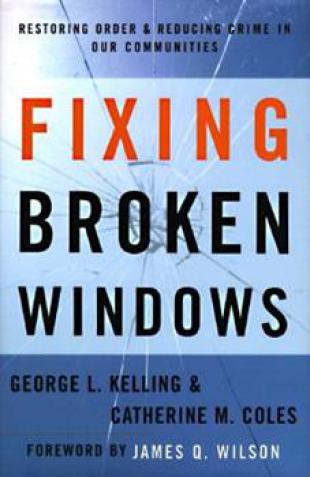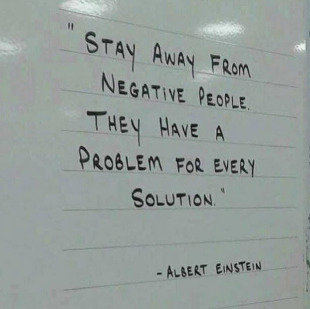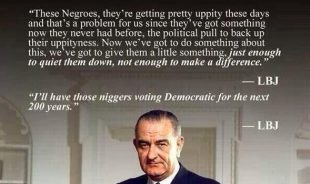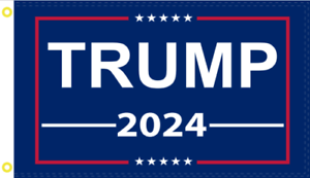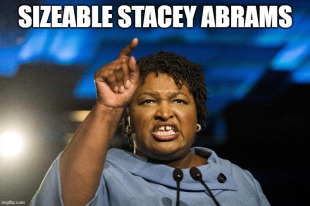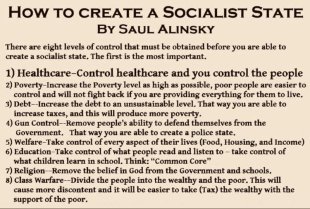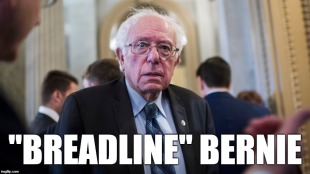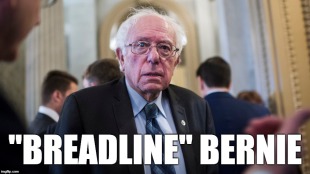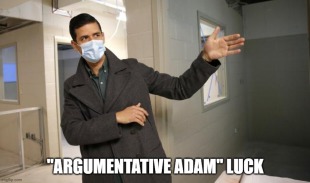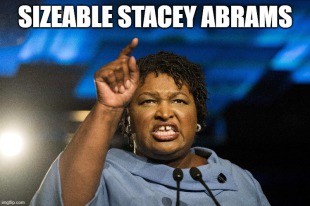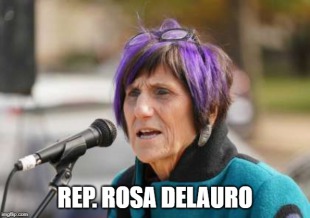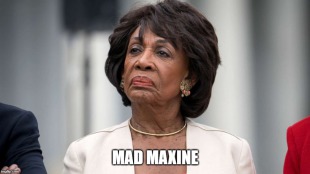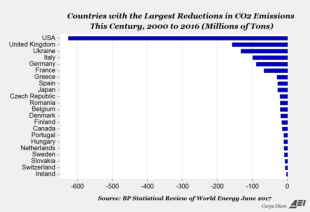Ahhhh Socialism...where people wait in line for bread, as opposed to Capitalism, where bread waits on shelves for people.
Can one infer that Maduro has been sharing books on economics with Alexandria Ocasio-Cortes? Maduro's huge salary increases force 40% percent of Venezuelan stores to close https://t.co/NUFqROQYu8 via @FLTimes
— Greg Karnes (@realGregKarnes) September 15, 2018
.@HeatherZuma: “I think President Trump can take credit for [the economy], it is deserved.” pic.twitter.com/Pn1WWailKX
— Fox News (@FoxNews) September 8, 2018
Are tax cuts & deregulation the reason for the smoking economy? When Good Economic News Becomes Boring https://t.co/LND4InH1B6
— Greg Karnes (@realGregKarnes) September 8, 2018
— Victor Cognovit (@VictorCognovit) August 23, 2018
Happy Birthday to the brilliant Milton Friedman. Great video from Friedman on greed. He takes the criticisms and assumptions about Capitalism and turns them around to show how they are even more applicable to government and collectivist systems. pic.twitter.com/WekgNCc01R
— Senator Rand Paul (@RandPaul) July 31, 2018
January 5, 2108
Harold Hamm’s Opinion on President Trump
June 12, 2017
Why Temporary Corporate Income Tax Cuts Won’t Generate Much Growth
April 30, 2016
What you need to know about Socialism
April 28, 2016
SIMPLY THE WORST=> Obama is First President Ever to Not See Single Year of 3% GDP Growth
June 10, 2015
The Economic Situation (From Mercatus Center – Bruce Yandle)
The US Economy has been stagnating since March. This slowdown in growth is associated with faster money printing presses in Europe and falling economic growth in China and Asia. It is also a result of bad monetary policy from the Federal Reserve. There should be little doubt that the regulations put on the economy by the government would produce these negative results as history has shown most regulations tend to do this.
May 05, 2015
1,000 People a Day: Why Red States Are Getting Richer and Blue States Poorer
Every day in America the 50 states compete against each other for people, jobs, investment capital, and overall prosperity. This interstate competition is economically healthy because it forces governors and legislators to adopt fiscal and regulatory policies that maximize job opportunities and prosperity for their citizens. Right-to-work laws and low income taxes are the two policies that matter most in terms of the prosperity of states. If every state were to adopt the pro-growth policies recommended in this study, each state and the nation as a whole would be better off.
March 25, 2015
The Hudsucker Proxy Shows the Value of a Price-Coordinated System
Market prices are signals that help people figure out what economic activity is valuable to society and what isn’t. The film The Hudsucker Proxy helps us to see the point, explains Andrew Heaton in the latest edition of EconPop:
March 02, 2015
Making the New Normal Meaningful
The strategies that raise a country from poor to middle-income status will not work to raise it from middle-income to rich. Poor countries have very different capital stock, labor productivity, land utilization, and capacity for innovation than middle-income countries. Unfortunately, old policies seem politically easy. Many middle-income countries try to become rich by sticking to a development model that no longer works. This is the middle-income trap, and it makes the concept of “the new economic normal” in China a very valuable one. If it is more than a slogan, the new economic normal can help China escape the middle-income trap. It must feature policies that: 1. Increase competition, not cooperation, in the corporate sector. 2. Give farmers sharper rights to their land, as the original reforms did in 1978. 3. Rapidly integrate labor markets, so a shrinking workforce is more productive. 4. Dramatically slow or halt the accumulation of debt to avoid stagnation.
Adobe Acrobat document [242.5 KB]
February 5, 2015
A slump without a stimulus: It happened in 1921. James Grant tells the story of how the economy recovered without government intervention or expansion:
January 30, 2015
Free To Prosper: A Pro-Growth Agenda for the 114th Congress
With the start of the 114th Congress comes a fresh opportunity to address the challenges created by a broken government. The Competitive Enterprise Institute’s top policy proposals for the 114th Congress center on substantive regulatory reforms needed to improve America’s economic health. In 2014 alone, 3,541 new regulations hit the books, and the burden is constantly growing. If federal regulations were a country, their cost would amount to the world’s 10th largest economy. In addition, CEI recommends that Congress continue to conduct fundamental oversight to protect Americans from executive overreach. Over the last six years, federal agencies have sought to usurp power from the legislative branch. Congress has a responsibility to demand honesty and accountability from our leaders and defend the rule of law.
Adobe Acrobat document [1.8 MB]



